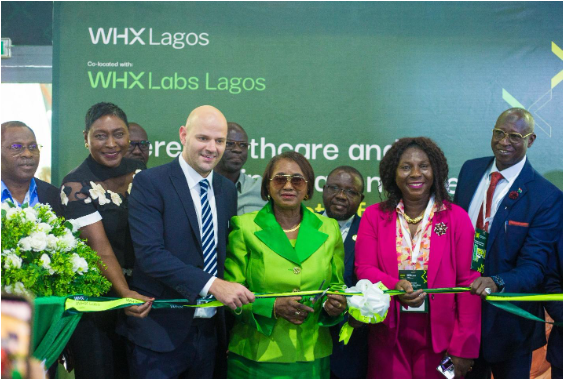Weak Purchasing Power Hits Manufacturimg Sector, Over N1.4tn Products Unsold In 2024

…MAN Blames Skyrocketing Inflation, Weak Naira
Nigeria’s manufacturing sector recorded unsold inventories valued at approximately ₦1.4tn in 2024, as revealed by the President of the Manufacturers Association of Nigeria (MAN), Mr. Francis Meshioye.
Speaking during a press briefing on Wednesday, Meshioye attributed the backlog to high inflation and dwindling consumer purchasing power, both of which significantly undermined the sector’s profitability and overall performance.
Meshioye highlighted that the sector faced intense pressure from macroeconomic and infrastructural challenges throughout the year.
These included soaring inflation, a depreciating Naira, high-interest rates, escalating electricity tariffs, and multiple taxation.
According to him. collectively, these factors led to a contraction in the sector’s contribution to Nigeria’s GDP, which dropped from 16.04 per cent in Q4 2023 to 12.68 per cent by Q2 2024.
Inflation surged to an alarming 34.6 per cent by November 2024, severely eroding consumer purchasing power. This decline in demand for manufactured goods created a massive stockpile of unsold inventory across various industries.
The depreciation of the Naira further compounded the sector’s woes. The currency plummeted from N666 to a dollar in mid-2023 to over N1,700 to a dollar by mid-2024, dramatically increasing the cost of imported raw materials and machinery.
Manufacturers struggled to maintain profitability amid rising input costs, which stifled their competitiveness in both local and international markets.
High-interest rates also emerged as a significant impediment to growth. Rates peaked at 27.7 per cent by November 2024, making it increasingly challenging for manufacturers to secure the credit needed for expansion or modernization.
Many firms were forced to scale back their investment plans due to the prohibitive cost of borrowing.
Energy costs added to the strain on the sector. Electricity tariffs surged by over 250 per cent in 2024, turning energy expenses into one of the highest operational costs for manufacturers.
In response, many firms sought alternative energy sources, further stretching their already limited financial resources and reducing their competitiveness.
These challenges had a profound effect on the economy, with the manufacturing sector’s diminished performance limiting its ability to drive economic growth.
Speaking on the performance of the sector in 2025, Meshioye explained that a combination of high operational costs, reduced consumer demand, and restricted access to financing significantly constrained the sector’s contribution to national development.
He also warned that the interplay of inflation, high-interest rates, and rising costs of doing business had diminished long-term investment prospects in the sector.
Without targeted interventions, he lamented that the sector’s ability to recover and grow sustainably would remain in jeopardy.
Meshioye called for urgent policy reforms to stabilize the economy and support the manufacturing sector.
He emphasized the importance of addressing inflation, exchange rate volatility, and energy costs to foster a more conducive environment for manufacturers and restore the sector’s contribution to national economic growth.
Weak Purchasing Power Hits Manufacturimg Sector, Over N1.4tn Products Unsold In 2024 is first published on The Whistler Newspaper




